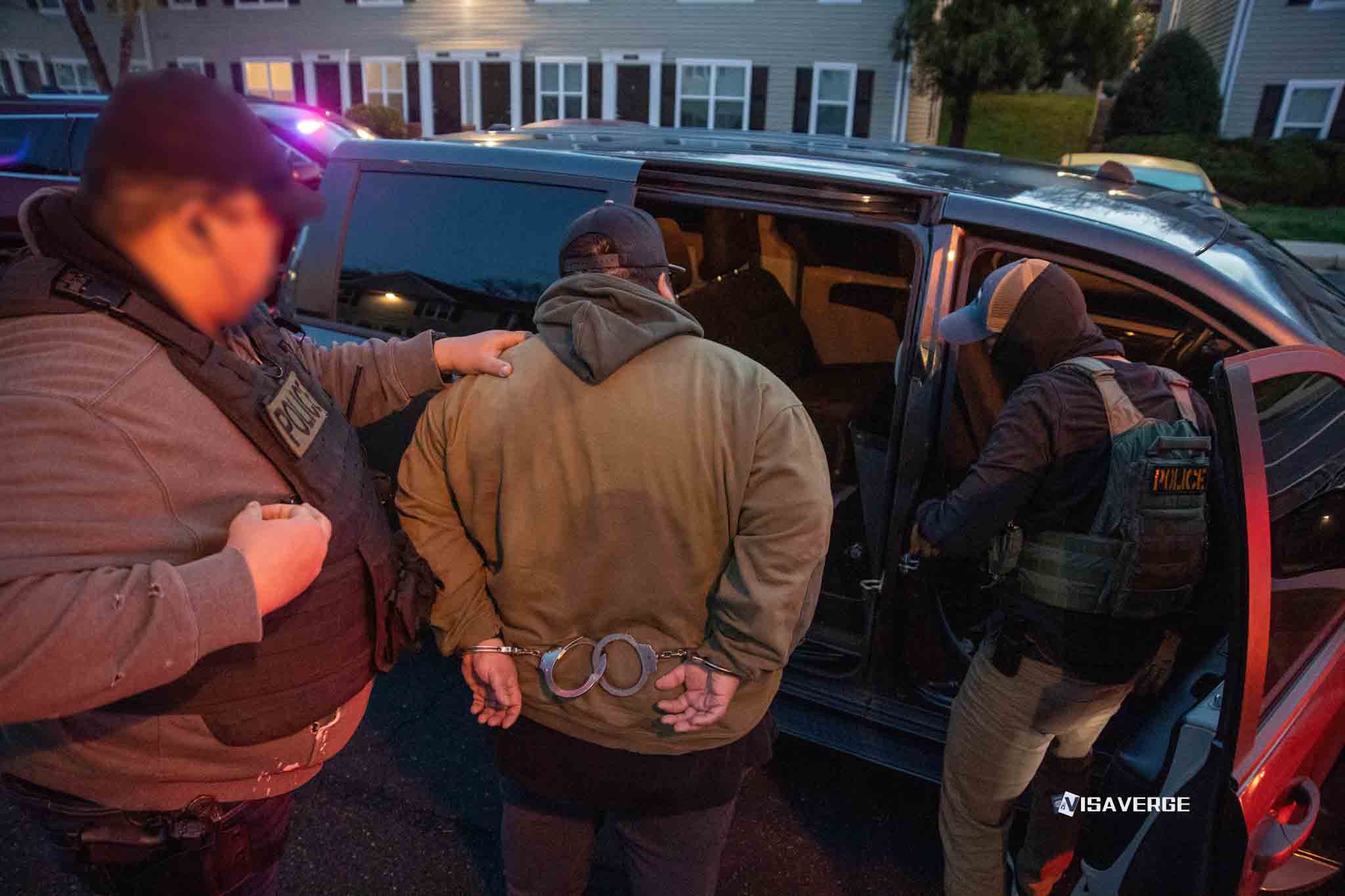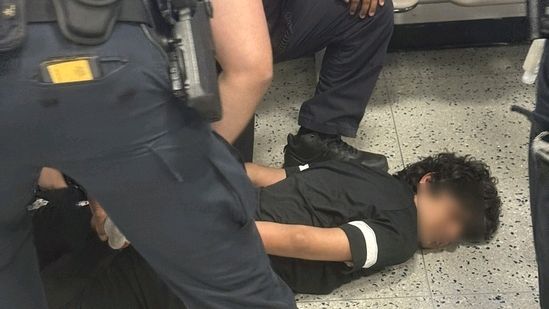(PENNSYLVANIA) The Trump administration is threatening to cut nearly $75 million in federal transportation money to Pennsylvania unless the state reins in how it issues commercial driver’s licenses, or CDLs, to immigrant truck drivers, escalating a fight over immigration enforcement and highway safety rules.
Federal warning and audit findings

The warning, issued November 20, 2025, follows a federal audit that found Pennsylvania officials could not show proper proof of lawful status for four noncitizens who received CDLs or commercial learner’s permits. The state insists it followed federal rules by checking a Department of Homeland Security database.
Federal transportation officials have told the state to:
- Immediately stop issuing, renewing, or transferring CDLs and learner’s permits to noncitizens until the process meets federal standards.
- Review records to find any licenses whose expiration dates extend beyond a driver’s authorized stay in the United States.
- Void those documents and remove the affected immigrant truck drivers from the road.
Scope and potential impact
Federal figures shared with the state indicate roughly 12,400 noncitizen drivers in Pennsylvania currently hold unexpired CDLs or commercial learner’s permits.
If many of those licenses are canceled, trucking companies warn of major workforce losses during an ongoing industry shortage, which could lead to:
- Delivery delays
- Higher costs for shippers and consumers
- Severe strain on smaller carriers that depend on a handful of experienced drivers
Quick data summary
| Item | Figure |
|---|---|
| Potential federal funding cut | $75 million |
| Date of warning | November 20, 2025 |
| Noncitizen drivers with unexpired CDLs/permits | ~12,400 |
| Number of audit-highlighted cases lacking proof | 4 |
State response and governor’s remarks
Governor Josh Shapiro has pushed back strongly, arguing Pennsylvania did exactly what the federal government told states to do when checking the status of immigrant truck drivers.
State officials say they relied on information from a Homeland Security system that is supposed to confirm whether a noncitizen is allowed to be in the country and receive a CDL—the same approach used by licensing agencies across the United States.
“They clearly are not minding the shop, and they’ve gotta get better, because every single state in the country relies on this database when making a determination as to who qualifies for a CDL,” Shapiro said.
“We relied on the feds before issuing this one.”
Incident that intensified the clash
The dispute intensified after federal officials pointed to the case of an Uzbek national who:
- Held a Pennsylvania CDL
- Was later arrested by Immigration and Customs Enforcement on suspected terrorist ties
Shapiro’s administration maintains that, at the time of issuance, Homeland Security records showed the man was authorized to receive a license. State officials argue any failure rests with federal record keeping—not with frontline workers in Harrisburg.
Federal position and broader context
A spokesperson for the U.S. Department of Transportation said all states are under review to ensure their CDL programs follow federal rules. This review is part of a broader effort that has already included pressure on California over English language testing for commercial drivers.
According to analysis by VisaVerge.com, these moves mark a sharp shift toward tying highway money to immigration controls inside state licensing systems. Federal guidance on CDL requirements is published by the Federal Motor Carrier Safety Administration, which sets minimum national standards for commercial driving credentials.
Industry and community concerns
For companies that depend on immigrant truck drivers, the standoff brings fresh uncertainty. Industry groups have long warned of a nationwide driver shortage, and many firms say foreign-born workers who take long, difficult routes have helped keep freight moving.
Potential consequences if thousands of CDLs are frozen or canceled:
- Dispatchers may struggle to cover loads
- Smaller carriers could be pushed to the brink
- Trucking schools that recruit lawful permanent residents and other noncitizens may have to pause new classes
- Immigrant communities may feel economic insecurity even when individuals followed state licensing steps
For many immigrant drivers, the debate is about more than documents: a suspended license means lost income, missed rent, and broken plans.
Political and legal tensions
The dispute highlights ongoing friction between President Trump’s administration and states led by Democratic governors over the extent of local help for federal immigration enforcement.
By linking tens of millions of dollars in transportation grants to state CDL management for noncitizens, the administration signals that states seen as too lenient could face steep financial penalties.
Officials in Harrisburg say they have received a deadline to complete the ordered review and report back, though the exact timetable has not been made public. That leaves questions about how quickly any licenses might be revoked or suspended.
Stakes and possible outcomes
Pennsylvania faces a choice:
- Comply fully with federal demands, which could lead to a sweeping purge of CDLs and sideline thousands who passed state exams and background checks.
- Challenge parts of the order, risking the loss of $75 million that supports highways and bridges and straining relations with Washington regulators.
Either path carries costs:
- A purge could remove critical workers from the industry and disrupt supply chains.
- Opposition could stall road projects and deprive the state of crucial federal funds.
Wider implications
State officials stress that every state uses federal immigration records to decide whether a noncitizen can receive a commercial license. Therefore, any problems in that federal system could ripple nationwide, affecting many more immigrant truck drivers than the four cases highlighted in the audit.
The outcome in Pennsylvania will be watched closely by other states facing the same questions about how they treat noncitizen commercial drivers—where lives and livelihoods intersect.
A federal audit found four Pennsylvania CDL issuances lacked proof of lawful status, prompting a federal warning that could withhold nearly $75 million. Officials ordered Pennsylvania to stop issuing or renewing certain CDLs to noncitizens and to review records—about 12,400 noncitizen drivers hold unexpired CDLs or permits. Governor Josh Shapiro defends the state’s use of DHS checks and says responsibility lies with federal record accuracy. The outcome may disrupt trucking and funding.













